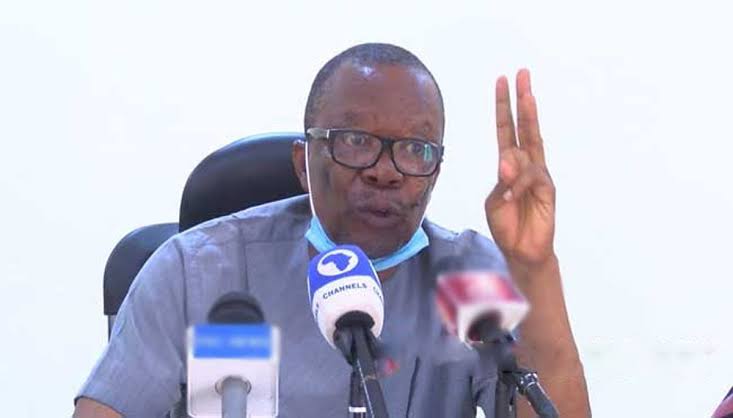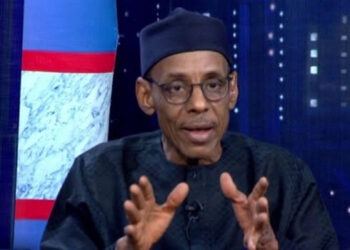On Wednesday, the Federal Ministry of Education announced that the Federal Government is taking measures to prevent a potential strike by the Academic Staff Union of Universities (ASUU).
The Union has given the Nigerian government 21 days to meet its demands, as outlined in previous negotiations, or else the lecturers will initiate a nationwide strike. The ultimatum was issued following a National Executive Council meeting held at the University of Ibadan over the weekend.
During a press briefing at Michael Okpara University of Agriculture Umudike in Abia State, ASUU President, Prof. Emmanuel Osodeke, emphasized that unless the Federal Government addresses their demands before the ultimatum expires, lecturers would be compelled to strike.

Responding to questions regarding the strike threat, Folashade Biriowo, spokesperson for the Federal Ministry of Education, stated, “The ministry is working on it.” On June 26, the Minister of Education, Prof. Tahir Mamman, convened a meeting with ASUU to discuss ongoing issues affecting universities and to prevent the anticipated strike.
Prof. Osodeke remarked on the meeting’s outcomes, indicating that the agreements made with the Federal Government had yet to be implemented. “At the meeting called by the Minister of Education, we agreed to reconvene in two weeks to assess the government’s progress,” he noted. “We will also determine our next steps if the government fails to implement the agreements reached.”
During the press briefing held on Wednesday in Abia State, Osodeke emphasized several contentious issues, including the “emergency revitalization fund for public universities; the settlement of outstanding earned academic allowances; and the release of withheld salaries, promotion arrears, and third-party deductions affecting our members.”

He further identified additional concerns such as “the cessation of illegal recruitments; the proliferation of public universities and the misuse of university laws, regulations, and processes; as well as the removal of universities from the Treasury Single Account and the new IPPIS, which are intended to promote the autonomy of our universities.”
Osodeke stated, “The Academic Staff Union of Universities convened its National Executive Council meeting at the University of Ibadan from Saturday, August 17, to Sunday, August 18, 2024. During this meeting, the union conducted a thorough review of the outcomes from its discussions with both federal and state governments regarding various unresolved issues that have impeded the advancement of Nigerian universities and obstructed university workers’ efforts to transform them for the betterment of Nigeria.
“The meeting also assessed the deteriorating living and working conditions within our universities and across the nation. Alarming reports were received concerning the government’s unfulfilled promises to resolve the persistent issues that led the union to initiate a nationwide strike from February to October 2022.
“Experienced scholars continue to migrate to countries with fewer resources, where their skills are more valued. Reports presented to the NEC indicate that the government fails to recognize the severity of the situation and the urgent need to address this troubling trend.
“Our union is concerned that the government seems to be focused on a self-serving strategy characterized by legalistic and bureaucratic maneuvering.” Osodeke expressed disappointment that the “university issues” that ASUU has been discussing with both federal and state governments for approximately a decade remain inadequately addressed. These concerns encompass the review and signing of the renegotiated 2009 FGN-ASUU Agreement and the need for substantial funding.
“Following thorough discussions on these matters, among others, the ASUU National Executive Council (NEC) convened and strongly condemned the apparent reluctance of the federal and state governments to effectively resolve all pending issues with ASUU. The NEC also criticized the sluggish response from the Minister for Education in addressing these concerns, issued a 21-day ultimatum for the government to resolve all outstanding matters, and planned to reconvene after this period to make necessary decisions.”
The ASUU President emphasized that the union prioritizes dialogue while dismissing “ethnic suspicion, religious intolerance, elitist tendencies, and other practices that undermine our harmonious coexistence and collective well-being as a unified nation.”





































